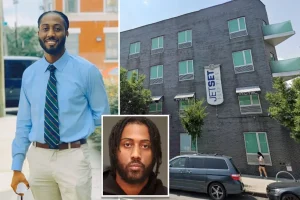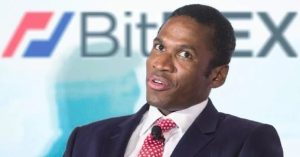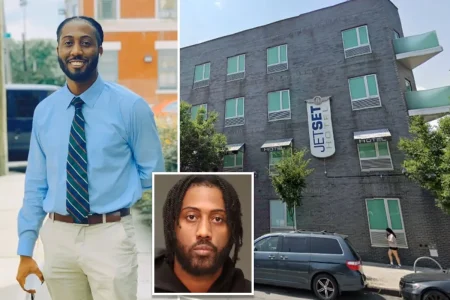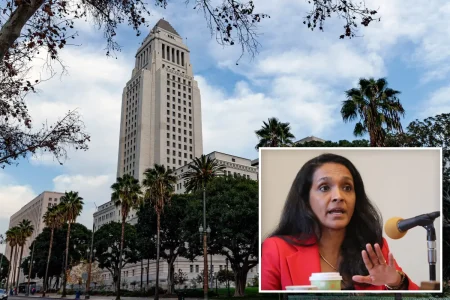Robert Duncan’s Victory: From Wrongful Conviction to Courthouse Leadership
In a remarkable turn of events that embodies the human capacity for resilience and redemption, Mr. Duncan was elected clerk of the criminal court in New Orleans this Saturday. His victory represents more than just a political achievement; it marks the culmination of a profound personal journey from wrongful imprisonment to public service leadership. The election wasn’t without controversy, as the incumbent whom Duncan defeated attempted to undermine his candidacy by claiming that Duncan had never been officially cleared of the murder charge that had previously sent him to prison. This claim, hovering over the campaign like a dark cloud, ultimately failed to convince voters who chose to embrace Duncan’s story of perseverance and transformation.
Duncan’s path to this position reflects the complicated relationship between America’s criminal justice system and the concept of second chances. After spending years behind bars for a crime he maintained he didn’t commit, Duncan emerged not broken but determined to create meaningful change within the very system that had failed him. His firsthand experience with the flaws and inequities of the judicial process has given him a unique perspective that resonated with New Orleans voters. Rather than allowing his wrongful conviction to define him or embitter him, Duncan channeled his experiences into a commitment to improve the functioning of the criminal courts, promising transparency, efficiency, and compassion in an office that profoundly affects the lives of citizens navigating the justice system.
The election campaign revealed much about the community’s evolving attitudes toward criminal justice and rehabilitation. Despite the incumbent’s attempts to use Duncan’s past incarceration against him, New Orleans voters demonstrated a willingness to look beyond conventional narratives about people with criminal records. They instead recognized the value of having someone with direct experience of the system’s shortcomings in a position to address them. This shift represents a broader national conversation about who deserves a seat at the table when it comes to reforming institutions that have historically perpetuated inequalities. Duncan’s victory suggests that lived experience, even painful experience, can be viewed as an asset rather than a liability in public service.
The controversy surrounding Duncan’s legal status highlights the often murky and incomplete nature of exoneration in the American justice system. While the specifics of how his case was resolved remain central to his opponent’s criticisms, the election results indicate that voters were more concerned with Duncan’s vision for the future than with the technical details of his past. This reflects a growing public understanding that legal “clearance” can be a complex and imperfect process, particularly in cases involving systemic issues like racial bias or prosecutorial misconduct. By electing Duncan, New Orleans residents have implicitly acknowledged that justice extends beyond courtroom declarations to include the opportunity for individuals to rebuild their lives and contribute to society in meaningful ways.
As Duncan prepares to assume his role as clerk of the criminal court, he faces both opportunities and challenges. His election represents a chance to implement reforms based on his unique understanding of how court administration affects defendants, victims, and the broader community. The clerk’s office, often overlooked in discussions about criminal justice reform, plays a crucial role in ensuring that cases move efficiently through the system, that records are maintained accurately, and that the public has appropriate access to court proceedings and documents. Duncan’s promise to bring a more humane and efficient approach to these responsibilities resonates with a community that has experienced the consequences of administrative dysfunction in their court system. However, he will also need to navigate the skepticism of those who opposed his candidacy and demonstrate through his performance that his personal history enhances rather than compromises his ability to serve effectively.
Ultimately, Mr. Duncan’s election tells a story about New Orleans itself – a city often defined by both tragedy and resilience, where second chances and new beginnings are woven into the cultural fabric. By choosing Duncan to oversee the administration of their criminal court, voters have made a powerful statement about redemption and the possibility of transforming painful experiences into public good. His journey from prison cell to courthouse office embodies hope for others caught in the criminal justice system and challenges conventional assumptions about who can and should lead our public institutions. As Duncan takes office, his story reminds us that democracy at its best offers pathways for even the most marginalized voices to contribute to solving the problems they’ve experienced firsthand, creating a more just and compassionate system for all.









